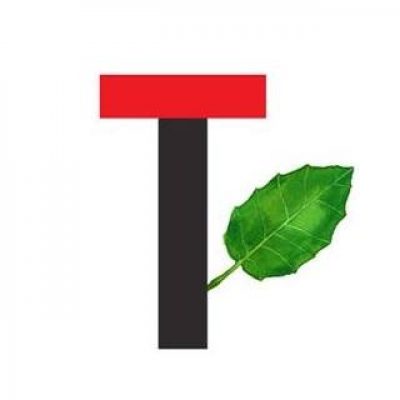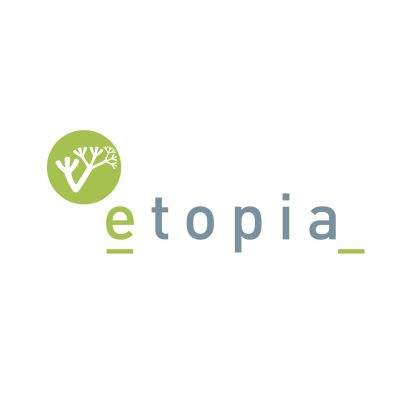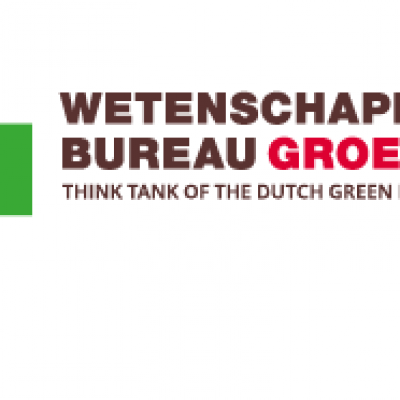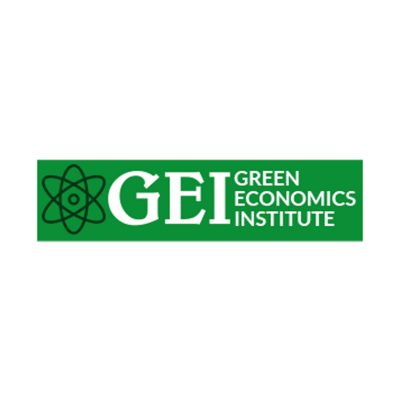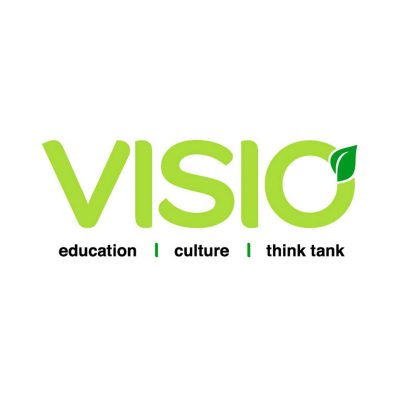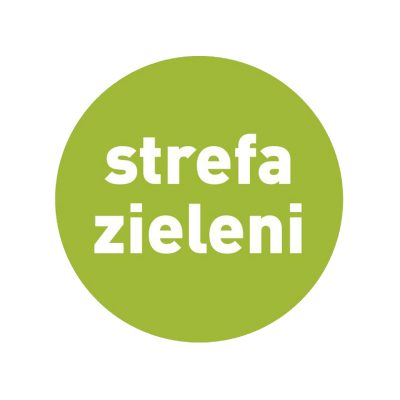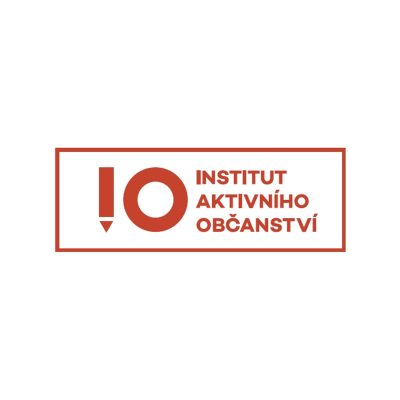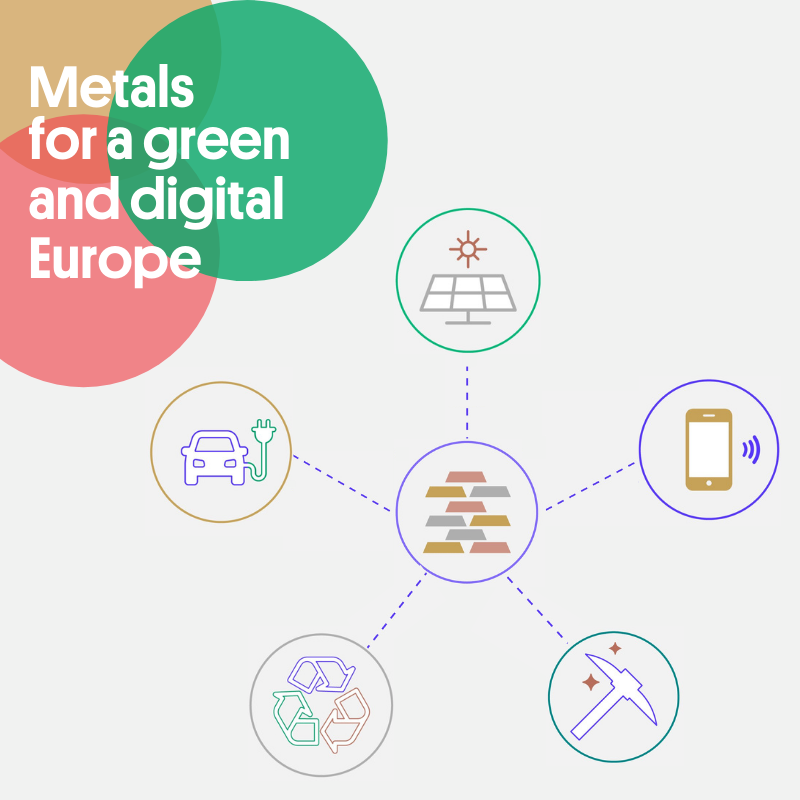
The energy transition has been placed at the top of the European political agenda, with the digital transition closely following suit. But to successfully implement these two priorities, the EU needs to examine and adjust its supply and use of metals.
A renewable energy supply requires far more metals than a fossil one. As to the digital transition, another EU priority, it also relies on a wide array of metals.
It is for this reason that GEF and Wetenschappelijk Bureau GroenLinks will be leading this project, which will deliver a comprehensive Agenda for Action at all political levels, aimed at a sparing, circular use of metals and responsible sourcing of the virgin metals that we really need.
This project is further supported by Fundacija Strefa Zieloni, Institut Aktivniko Obcanstvi, Green Economics Institute, Etopia, Visio, Transicion Verde.
About the project:
While the energy from the sun and wind is nearly infinite, the resources we need to capture this energy are not. Solar panels, wind turbines, batteries, and power cables all contain metals. Their varying properties, such as toughness, conductivity, or the ability to withstand high temperatures, make them uniquely suitable for renewable energy technologies. But metals have to be extracted from ores that are dug up from the ground. Some metals are rare or becoming depleted. Most mining is dirty business.
The more energy we harvest from the skies above our head, the deeper we will have to dig for the metals below our feet. Because of its decentralised nature, a renewable energy system requires far more metals than a fossil energy system. It takes a whole farm of wind turbines to replace one coal-fired power station. Since the sun and wind are intermittent energy sources, part of their energy needs to be stored for later use. This storage also requires a lot of metals, for batteries and for electrolyzers which convert electricity into hydrogen.
The climate crisis leaves us no choice but to make a swift transition from fossil fuels to renewable energies. Already, solar and wind power have entered the phase of exponential growth, as have electric vehicles and the batteries that power them. The European Union will need up to 18 times more lithium and 5 times more cobalt in 2030 than it consumes today in total, for electric car batteries and energy storage alone, according to the European Commission. By 2050, we would need almost 60 times more lithium and 15 times more cobalt.
The digital transition, a second spearhead of the EU, also relies on metals. Many digital innovations enhance our quality of life. Teleworking and videoconferencing have proven particularly useful during the coronavirus crisis. Sensors, data, and algorithms allow us to make a more sustainable use of resources, including energy and materials. But all digital technologies require energy and materials in turn. Despite the ethereal metaphor of ‘the cloud’, the data economy has a heavy material footprint, which includes a wide array of metals. Gains in the energy and material efficiency of devices and networks are outpaced by the exponential growth of data use, which doubles every two to three years. European demand for rare earth metals for digital technologies, and for electric cars and wind turbines, could increase tenfold by 2050.
The EU is between 75 and 100 percent dependent on imports for most metals. This creates risks for Europe’s security of supply and for its strategic autonomy. It also raises the issue of climate justice since the greatest burdens of metal mining are falling on the Global South. Therefore, metals might well become the Achilles heel of the energy and digital transitions.
Should we make a more sparing use of joules and bytes to save metals? How do we stop valuable metals from ending up as waste? Can we procure those metals that we really need in a way that is equitable for developing countries and future generations? This project aims to develop an Agenda for Action at all political levels, which charts a course towards a responsible sourcing of metals for a green and digital Europe.
You can contribute to this Agenda by joining one of our webinars or by commenting on our draft text, which can be found on www.metalsforeurope.eu
The project is led by the Green European Foundation and Wetenschappelijk Bureau GroenLinks. It is supported by Fundacija Strefa Zieloni, Institut Aktivního Občanství, Green Economics Institute, Etopia, Visio and Transición Verde.
Project Publications
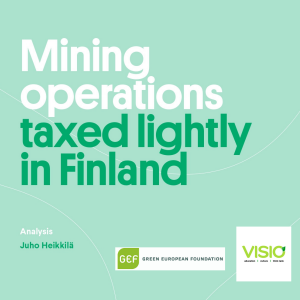 This publication is part of the Green European Foundation’s ‘Metals for a green and digital Europe’ transnational project, where we are spotlighting the needs of the EU to examine and adjust its supply and use of metals. The initiative for reforming the Finnish Mining Act started with the Finnish Parliament’s ratification of the EU-Canada Comprehensive Economic and Trade Agreement (CETA) in 2018. The proposal on the reform, originally intended to be submitted to Parliament in December 2020, has now been postponed by a year as the Ministry chose to include an instrument for the comparison of interests in the reform just as the working group was about to finish its work. Juho Heikkilä, student of Economics and Environmental Economics, explains the background of the reform, examines the content of the draft and offers suggestions for its improvement.
This publication is part of the Green European Foundation’s ‘Metals for a green and digital Europe’ transnational project, where we are spotlighting the needs of the EU to examine and adjust its supply and use of metals. The initiative for reforming the Finnish Mining Act started with the Finnish Parliament’s ratification of the EU-Canada Comprehensive Economic and Trade Agreement (CETA) in 2018. The proposal on the reform, originally intended to be submitted to Parliament in December 2020, has now been postponed by a year as the Ministry chose to include an instrument for the comparison of interests in the reform just as the working group was about to finish its work. Juho Heikkilä, student of Economics and Environmental Economics, explains the background of the reform, examines the content of the draft and offers suggestions for its improvement.
How do we stop valuable metals ending up as waste? Can we procure the metals we really need in a way that is equitable for both developing countries and future generations? This publication looks at the metals quandary from various angles, from sustainable development to geopolitics. It concludes with an Agenda for Action that charts a course towards a responsible sourcing of metals for a green and digital Europe.



